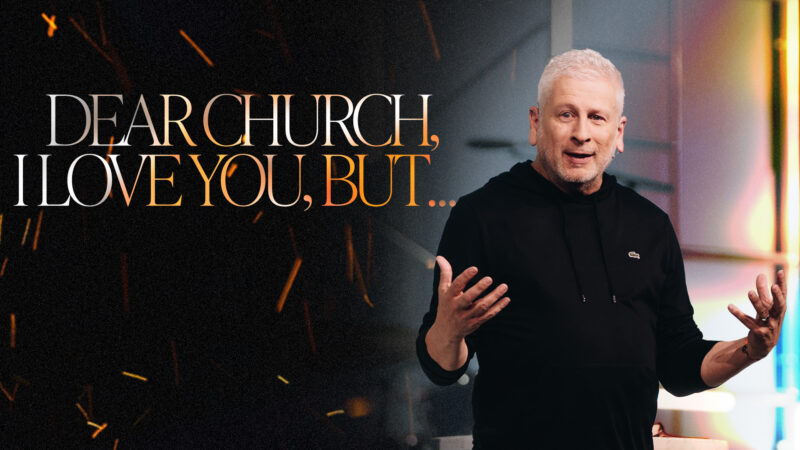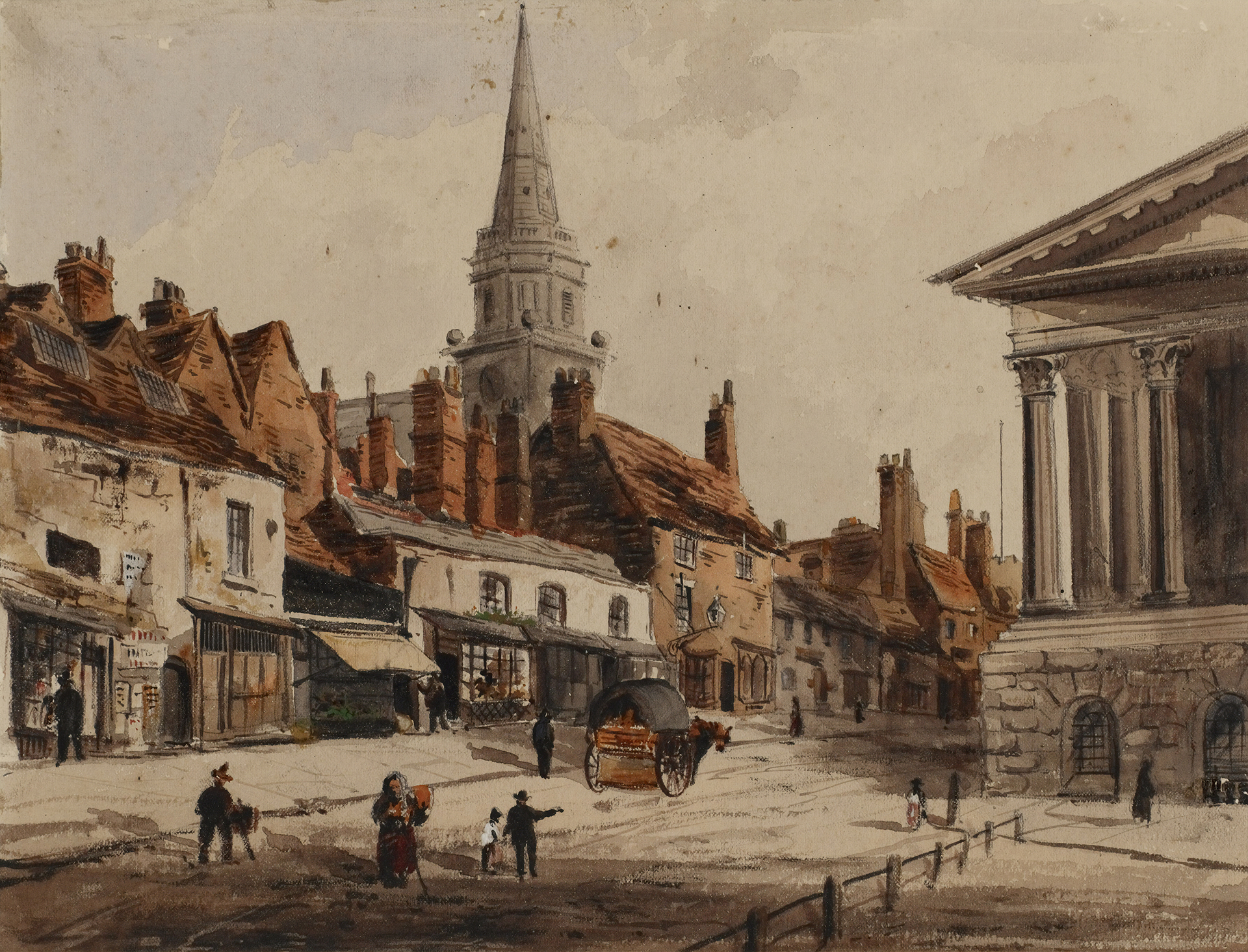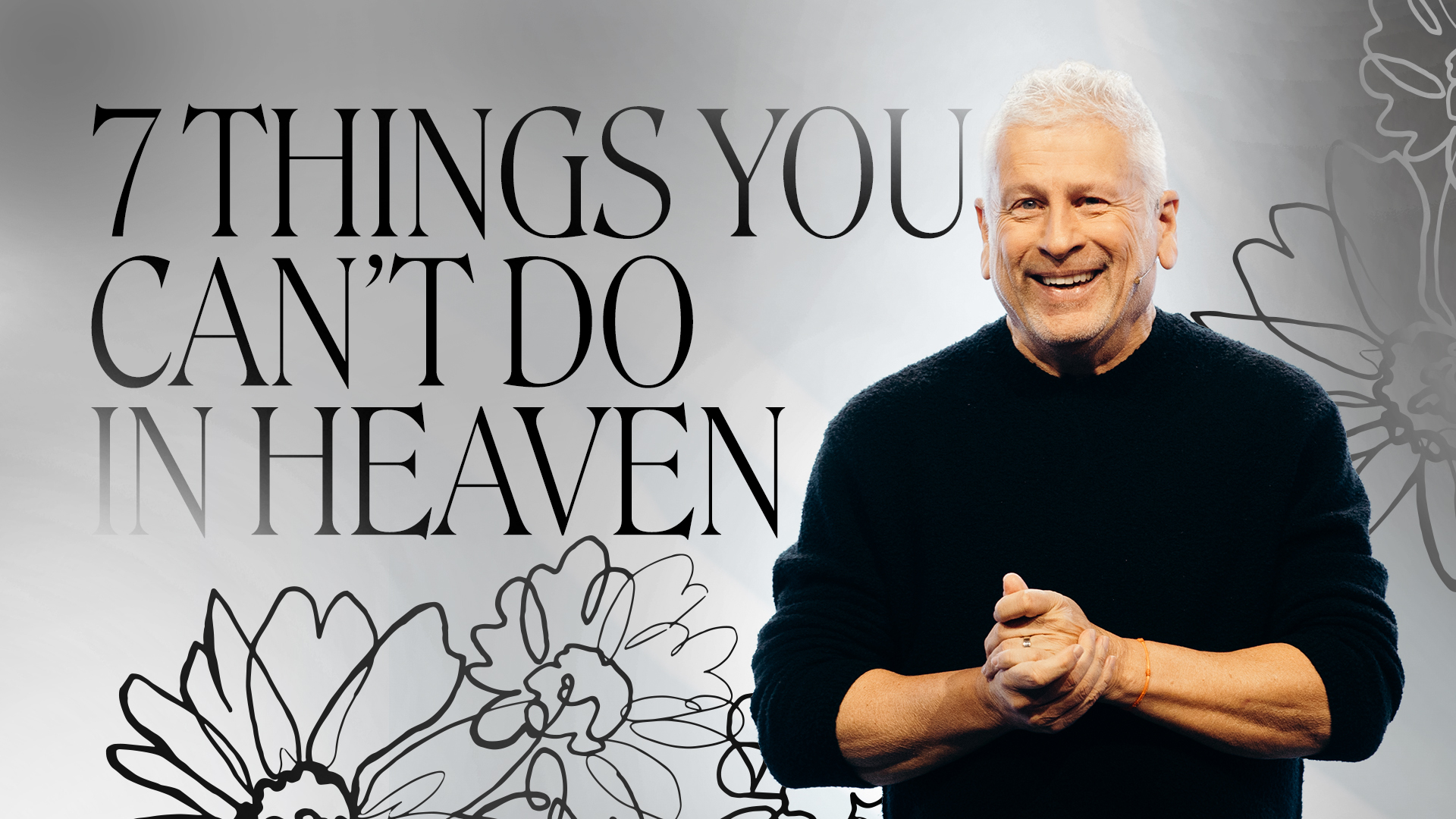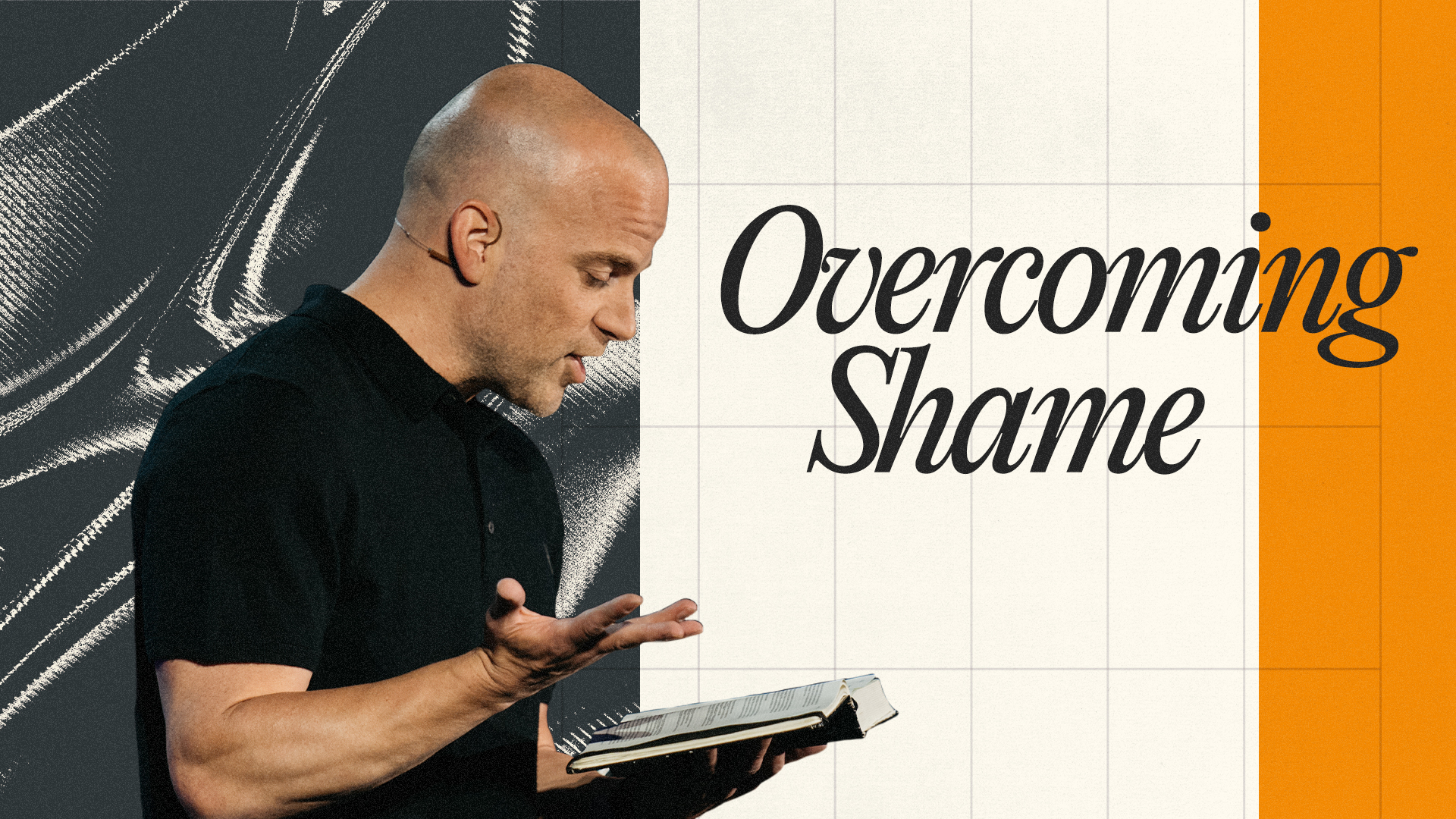The Christmas season serves as a time to remember the birth of our savior, Jesus Christ. Usually, when our calendar flips to December, our first reaction is to start listening to our favorite classic Christmas carols. But have any of us stopped to think about the depth of the lyrics that we’ve been singing every year since we were little? Join us as we adventure through “Melodies of Hope,” a series of several different Christmas carols that dive deep into the scriptures that inspired them.
__________
It would be hard to find a Christmas playlist that doesn’t have “Silent Night” on it. The song has undoubtedly withstood the test of time as it was first played on Christmas Eve of 1818 in Austria. A Priest named Joseph Mohr insisted on having a unique musical element for their Christmas Eve service each year. Still, on one particular year, as he made final preparations for the Christmas Eve service, he realized that the organ wasn’t working. Deflated and in a panic, Mohr remembered the words he had penned in a poem several years prior entitled “Stille Nacht,” which translated into English is “Silent Night.” The words were without music, so he quickly contacted a musician friend named Franz Guber the night before Christmas Eve. In one night, Guber brought instrumentation to the song that has become one of, if not the most popular Christmas song of all time. Take a minute to read slowly through these words written over 200 years ago.
Silent night, holy night!
All is calm, all is bright.
Round yon Virgin, Mother and Child.
Holy infant so tender and mild,
Sleep in heavenly peace,
Sleep in heavenly peace.
Silent night, holy night!
Shepherds quake at the sight.
Glories stream from heaven afar
Heavenly hosts sing Alleluia,
Christ the Saviour is born!
Christ the Saviour is born
Silent night, holy night!
Son of God love’s pure light.
Radiant beams from Thy holy face
With the dawn of redeeming grace,
Jesus Lord, at Thy birth
Jesus Lord, at Thy birth
The imagery in Mohr’s words echoes the words we find in the gospel accounts of the birth of the Messiah in Bethlehem, stories found in Matthew’s gospel and Luke’s gospel. The thought of a Holy infant should unlock a sense of extraordinary wonder in us. Jesus, who spoke everything into creation, chose to enter into that same creation.
The painter became paint on His own canvas.
The Alpha and the Omega, the one who is outside of time and space, chose to enter into it, wrapped in skin and bones as a tiny, innocent, and vulnerable baby. Mohr writes that the shepherds quake at the sight of this Holy infant. Luke records that an angel of the Lord appears to them, and the glory of the Lord shone around them, and they were terrified as you and I would be as well. There is significance in the fact that the first announcement of the arrival of the promised Messiah was to shepherds. We know that shepherds were ceremonially unclean- they were the working-class people of the day. Their work was dirty, hard work. It wasn’t a career that you would want for your children. And yet, the first announcement of Israel’s King went to them, not to the high and mighty or those with societal status.
One thing about Jesus is that He doesn’t do things by accident. Everything is intentional.
Maybe, He chose to be announced first to the shepherds because you can relate to what it is like to not be in the highest position in society. Perhaps He was letting all of us know that the good news of the King’s arrival is genuinely for everyone. Luke also tells us that to ensure that the shepherds didn’t miss the message, there was a choir of angels that formed and sang Glory to God in the highest heaven, and on earth peace to those on whom His favor rests.”
This scene is what Mohr is referencing when he writes of the Heavenly Hosts singing alleluia.
One of the beautiful things about the song Silent Night is that its story is as powerful as the song itself. Just as Mohr sat quietly, hoping in despair while waiting desperately for a solution, the people of Israel knew what it was like to wait quietly. They knew all too well what a silent night was like. In fact, they had experienced over 400 years of what must have felt like silent nights.
Our Bibles are broken into two sections, the Old Testament and the New Testament. As the Old Testament comes to close a with the book of Malachi, we turn our page quickly and start to read of the arrival of the promised King. However, historically there were over 400 years between the end of Malachi and the coming of Jesus. As far as we know, God seemed silent during this intertestamental period. There were no prophets speaking, no king from the line of David on the throne, and no new Scriptures being penned. The Israelites must have wondered, what happened? Did we finally cross the line? Has God officially given up on us?
After 400 years of waiting, Heaven speaks through an angel to a man named Zechariah. In Luke chapter 1 verse 11, The angel says, “Do not be afraid, Zechariah; your prayer has been heard. Your wife Elizabeth will bear you a son, and you are to call him John.”
The meaning of names is incredibly important in Holy Scripture. After 400 years of seemingly nothing from God, heaven speaks to a man whose name means “God remembers,” and his wife is named Elizabeth, whose name means “God’s covenant,” or “God’s promises.” So Heaven speaks after 400 years of what feels like Silent Nights to a couple whose names mean, “God remembers God’s promises.” We now know looking back through the lens of history that even though God’s people must have felt like God was silent, He was in fact working the entire time. He was moving through rulers and empires to set the stage for the arrival of the promised Messiah.
What a comfort that is for us. To know that the message of Christmas boiled down into a nutshell is that God keeps His promises. He hasn’t forgotten what He promised. He is working while we wait. Whether you can see it or feel it or not, God is always working. As we approach the Christmas season, maybe you find yourself in what seems to be a string of silent nights. Let the arrival of the promised King in Bethlehem remind you today that God always keeps His promises.
Jesus truly is love’s pure light as Mohr writes in the closing stanza. So loving that He left heaven because He knew we would never be able to climb our way up, so He humbled Himself and came down in the form of a baby to live the perfect life we couldn’t live and die the death that we deserved. On a hill in Calvary, our blame and guilt were placed upon Him, and His innocence transferred to us. While the death, burial, and resurrection of Jesus is the crux of our faith…we know that there would be no Calvary if there weren’t first a baby born in a manger on a silent night in Bethlehem.





